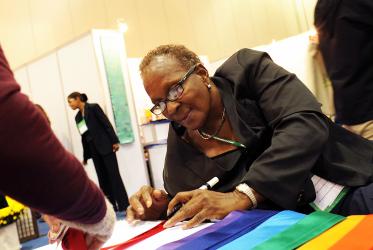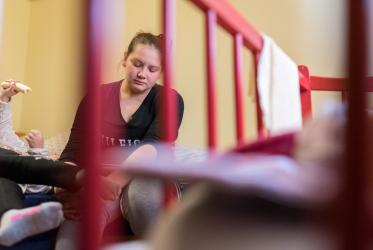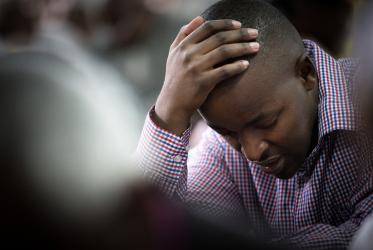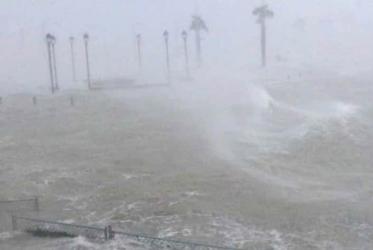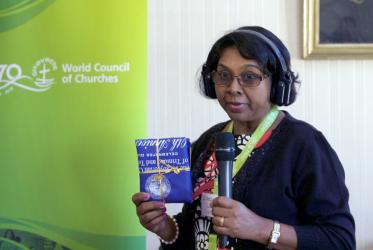Displaying 1 - 11 of 11
28 March 2024
Ukraine: Responding to humanitarian need
08 September 2022
Is God present - even amid hurricane’s wrath?
07 September 2019
Trinidad and Tobago church challenges plastic pollution
09 October 2018
Diakonia: “a tool to reach abundance of life”
24 July 2018
Seven weeks of Lent highlight water justice in Latin America
12 February 2018


